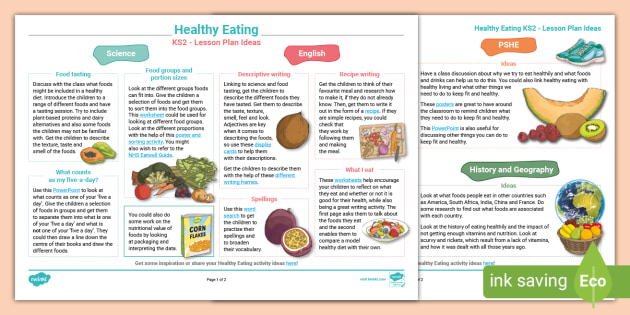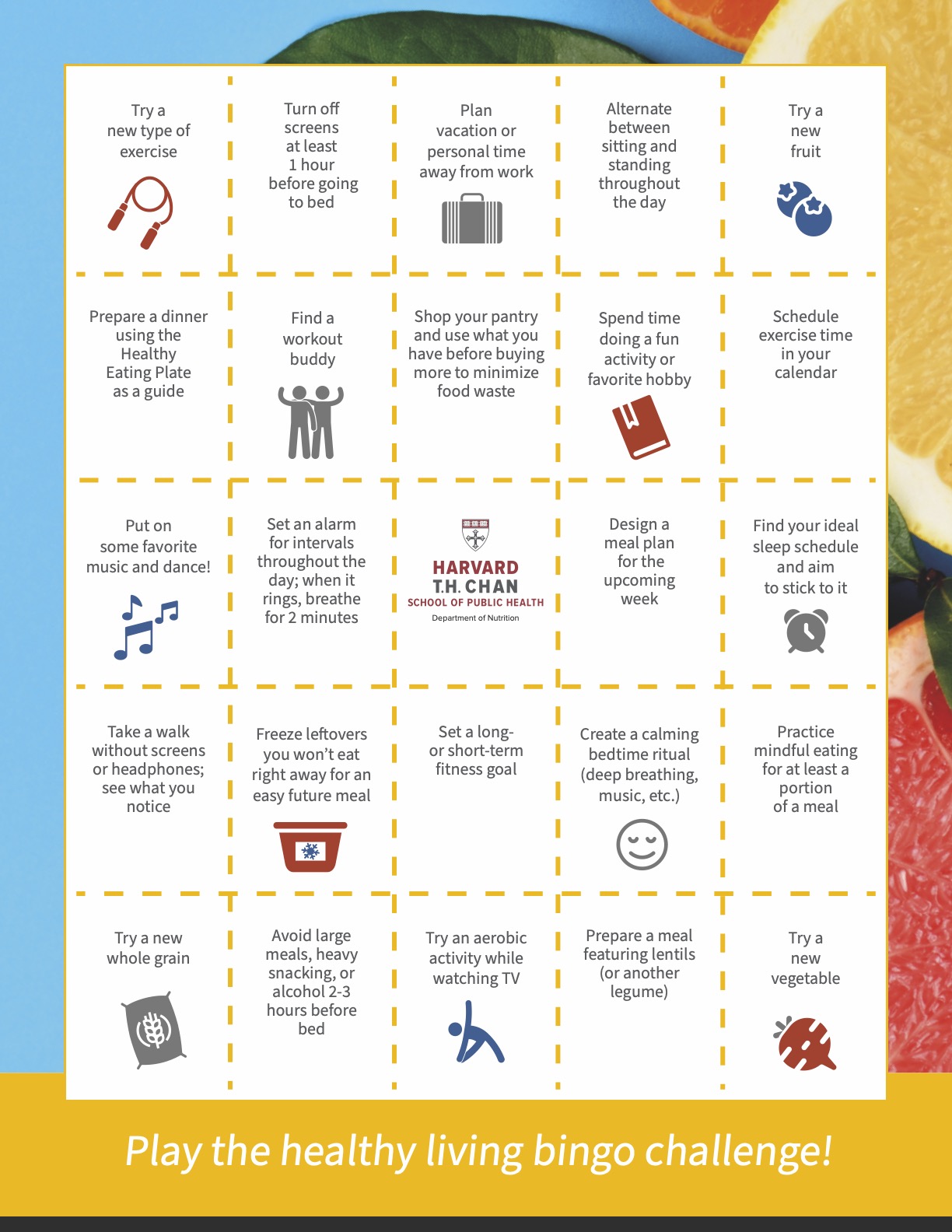

After a long day at work, the last thing you want to face is the daunting question of “What’s for dinner?” Meal planning is the secret ingredient to a stress-free and healthy lifestyle. By taking a little time to plan ahead, you can make healthier choices, save time, and reduce food waste. In this blog, we will delve into the world of meal planning, exploring its benefits, steps to create an effective meal plan, tools to streamline the process, and tips for successful meal prepping.
Weight Management – Helps control portions and prevent impulsive eating – Encourages healthier food choices leading to weight loss or maintenance Nutrient Balance – Ensures a well-rounded diet with all essential nutrients – Reduces the temptation of opting for fast food options Meal planning goes beyond just deciding what to eat; it’s about taking control of your health and well-being. Let’s dive into how you can start your meal planning journey today.
Meal planning is not just about knowing what you’ll eat; it’s a powerful tool that can positively impact various aspects of your life. Let’s explore some of the key benefits:
– Portion Control: By pre-planning your meals, you can ensure that you are consuming the right portions, which can aid in weight management. – Prevents Impulsive Eating: Having a plan in place eliminates the temptation to reach for unhealthy snacks or fast food options when hunger strikes unexpectedly.
– Well-Rounded Diet: Meal planning allows you to incorporate a variety of foods from different food groups, ensuring you are getting all the essential nutrients your body needs. – Healthier Choices: When you plan your meals in advance, you are more likely to choose nutritious options over convenient but less healthy alternatives. Effective meal planning can be a game-changer when it comes to maintaining a healthy lifestyle. Let’s dive deeper into how you can harness these benefits through strategic meal planning.
Embarking on a journey of meal planning involves a few key steps that can streamline your eating habits and help you stay on track with your health goals. Let’s break down the process into manageable tasks:
– Define Your Objectives: Start by identifying your health and nutrition goals, such as weight loss, muscle gain, or improved energy levels. – Consider Dietary Restrictions: If you have any dietary restrictions or preferences, make sure to incorporate them into your meal planning for a personalized approach.
– Create a Weekly Menu: Outline your meals for the week, including breakfast, lunch, dinner, and snacks. This can help you stay organized and ensure you have all the necessary ingredients on hand. – Balance Your Plate: Aim for a mix of macronutrients (carbohydrates, proteins, and fats) in each meal to keep you satisfied and energized throughout the day. By establishing clear goals and mapping out your meals in advance, you set yourself up for success in sticking to a nutritious and balanced meal plan. Let’s explore more strategies to optimize your meal planning process.
Transitioning from traditional meal planning methods to utilizing modern tools and resources can greatly enhance your meal planning experience. Let’s explore some game-changing tools you can leverage:
– Mealime: This app offers personalized meal plans based on dietary preferences, making it easy to discover new recipes and plan your weekly meals. – Paprika: Ideal for organizing recipes and creating meal plans, Paprika allows you to save and categorize recipes from various sources for quick meal planning. – MyFitnessPal: Not just for tracking calories, MyFitnessPal also offers meal planning features that help you organize your daily intake and monitor your nutrition goals.
– Food Network: A popular platform with a vast collection of recipes from renowned chefs, Food Network is a great source for inspiration and meal ideas. – AllRecipes: With a user-friendly interface and a diverse range of recipes, AllRecipes is perfect for finding crowd-pleasing meals for your meal plan. – Pinterest: A treasure trove of recipe ideas, Pinterest allows you to discover and save recipes to boards for easy access when planning your meals. With these tools and resources at your fingertips, meal planning becomes not just a chore but an enjoyable and creative process. Let’s explore more ways to elevate your meal planning game.
Efficient meal prepping is the cornerstone of a well-executed meal plan. By preparing your meals in advance, you can save time, reduce stress, and maintain consistency in your eating habits. Let’s explore some key tips for mastering the art of meal prepping:
– Plan Ahead: Dedicate a specific day of the week to batch cook your meals for the upcoming days. This ensures that you have ready-to-eat meals when you need them. – Use Storage Containers: Invest in quality, reusable storage containers to portion out your meals and keep them fresh throughout the week. – Variety is Key: Prepare a variety of dishes to prevent meal fatigue and keep your taste buds satisfied.
– Invest in a Food Scale: Measuring your portions accurately can help you stay on track with your nutrition goals and prevent overeating. – Pre-portion Snacks: Divide snacks into individual portions to grab on the go and avoid mindless snacking. – Balanced Meals: Ensure each meal includes a balance of protein, carbohydrates, and vegetables to meet your nutritional needs. By incorporating batch cooking and practicing portion control, you can streamline your meal prep routine and set yourself up for success in sticking to your meal plan. Let’s delve deeper into strategies for efficient meal prepping.

Achieving a well-rounded and balanced meal plan goes beyond just what you eat; it’s about ensuring that you are nourishing your body with a diverse array of nutrients. Let’s explore how you can infuse variety and balance into your meals:
– Colorful Plate: Incorporate a rainbow of fruits and vegetables to ensure you are getting a range of vitamins and minerals. – Protein Diversity: Include a mix of lean proteins such as poultry, fish, beans, and tofu to support muscle growth and repair. – Whole Grains: Opt for whole grains like quinoa, brown rice, and oats to provide sustained energy and fiber for digestive health.
– Hand Portion Guide: Use your hand as a guide for portion sizes – a palm size for proteins, a fist for carbohydrates, and a thumb for fats. – Plate Method: Visualize dividing your plate into sections for proteins, carbohydrates, and vegetables to ensure a balanced meal. – Practice Mindful Eating: Pay attention to your hunger cues and stop eating when you feel satisfied to avoid overeating. By incorporating a variety of food groups and being mindful of portion sizes, you can create a meal plan that not only fuels your body but also keeps you satisfied and energized throughout the day. Let’s explore more strategies for achieving balance in your meal planning journey.
As we wrap up our exploration of meal planning, it’s evident that this practice is not just about organizing what you eat but fundamentally transforming your relationship with food. By implementing effective meal planning strategies, you can take charge of your health, save time, reduce stress, and savor the joys of nutritious eating. Let’s recap some key takeaways from our journey:
– Prioritize Health Goals: Setting clear objectives and priorities can guide your meal planning efforts towards success. – Utilize Tools and Resources: Embrace meal planning apps, recipe websites, and other tools to simplify the planning process. – Embrace Balance and Variety: Incorporate a diverse range of food groups and monitor portion sizes to ensure a nourishing and balanced diet. – Practice Consistency: Regular meal prepping and portion control can foster healthy eating habits and streamline your routine. By integrating these principles into your daily life, you can cultivate a sustainable and rewarding approach to meal planning that supports your overall well-being. Remember, meal planning is not a rigid framework but a flexible tool to empower you in making informed and mindful choices towards a healthier lifestyle. Cheers to your journey towards nutritious and delicious meals!

As you dive into the world of meal planning, you may have some burning questions about how to navigate this process effectively. Let’s address some common queries to provide clarity and guidance on your meal planning journey:
– Weight Management: Meal planning helps control portions and encourages healthier choices for weight loss or maintenance. – Nutrient Balance: It ensures a well-rounded diet with essential nutrients and reduces the temptation of fast food options.
– Set Goals: Define your objectives and priorities related to health and nutrition. – Plan Meals: Create a weekly menu with balanced meals and snacks to stay organized and on track.
– Meal Planning Apps: Utilize apps like Mealime and MyFitnessPal for personalized meal plans and tracking. – Recipe Websites: Explore platforms like Food Network and Pinterest for endless recipe ideas and inspiration. Navigating the world of meal planning can seem overwhelming at first, but with the right strategies and resources, you can simplify the process and make healthier choices effortlessly. Don’t hesitate to reach out if you have more questions along the way!
Leave A Comment